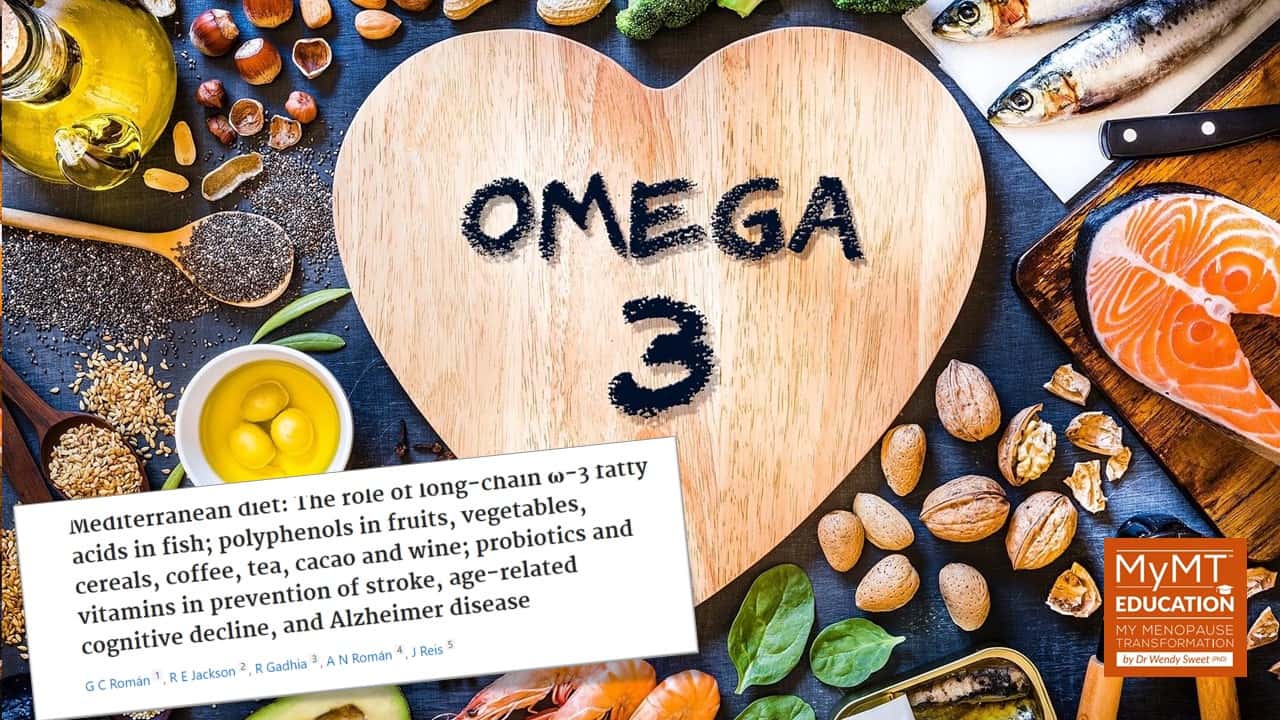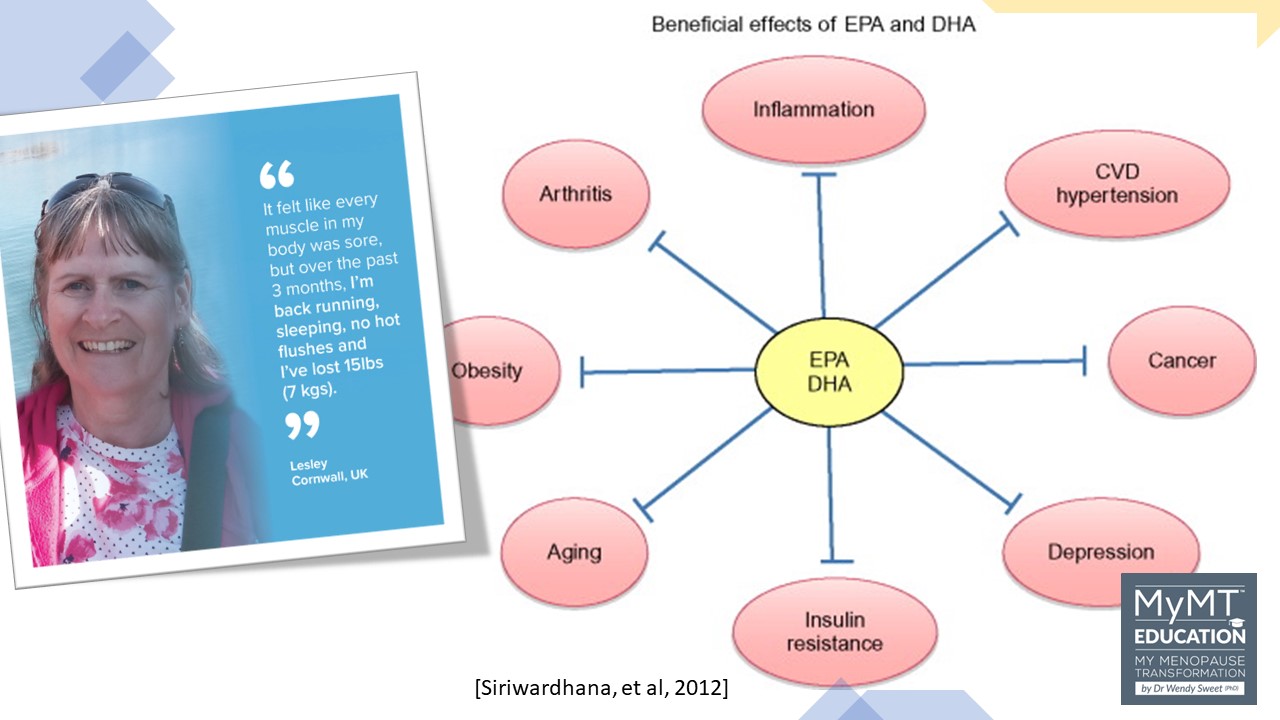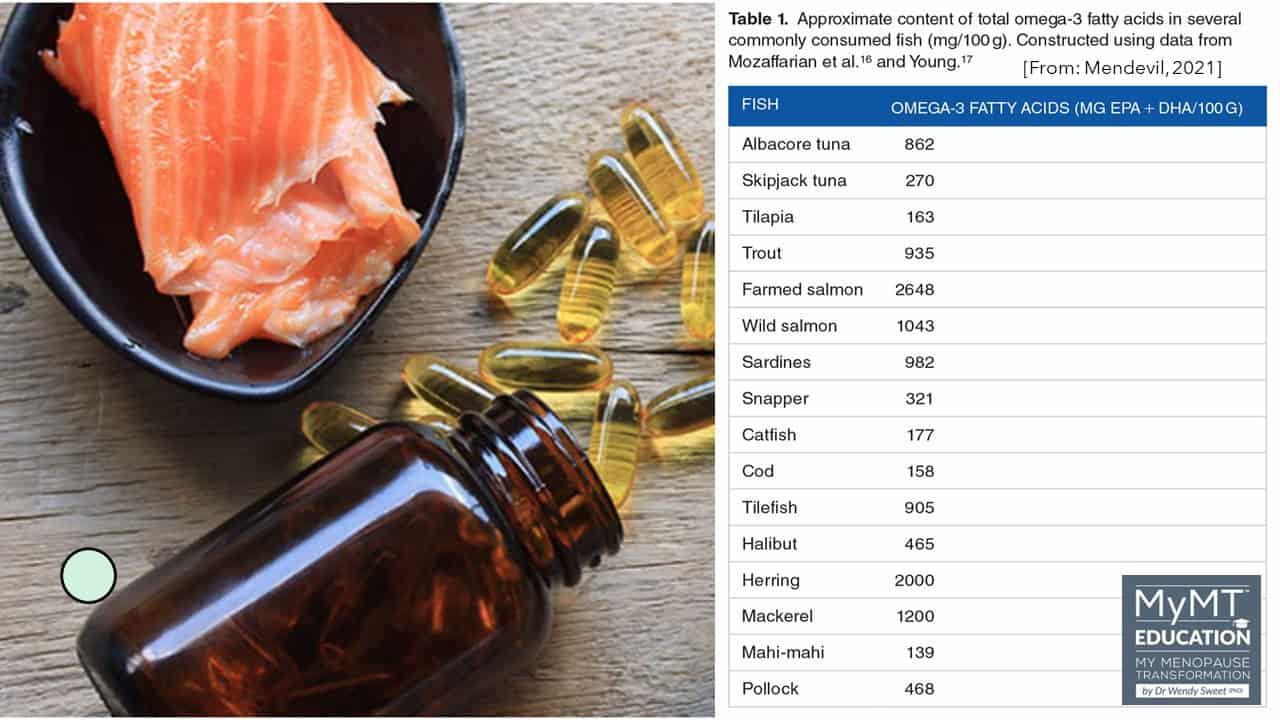It was 1983. There I was sitting in a beautiful restaurant atop a hill high above the Mediterranean city of Cannes in the south of France. As a young nurse, I was with two other ‘Kiwi’ nurses and we were looking after an elderly English man, who needed 24 hr care. He was meeting his daughter at the restaurant and as his care-givers, we were invited along.
When I went to order in my halting French, the waiter assured me that being from New Zealand, I might like to try the local fish. It had been caught that morning by his son. Same day ocean to plate.
The meal was so memorable that over 35 years later, I still recall that sensational lunch. The waiter de-boned the fish on my plate as he served it. His skill at using two dessert-spoons to meticulously debone the fish was fascinating.
It was accompanied by fresh green beans, a few freshly boiled potatoes and lemon juice. No heavy sauces, no relishes – nothing to disturb the exquisite taste of the simplicity of a freshly cooked fish. The only condiment we were instructed to place on the meal was some locally harvested olive oil.
This meal was a truly traditional insight into the Mediterranean Diet. A diet that my younger self at the time didn’t even know existed. Afterall, I had been bought up in rural New Zealand. The emphasis was on red meat, dairy and chicken. If we had fish, it was only once a week when my mother would purchase it from the local fish and chip shop, smothered in a fatty batter.
New Zealand coastal waters have some of the best fish in the world. But for many New Zealanders, fish competes with the traditional proteins of lamb, beef and chicken on the dinner table. And it seems that this type of diet has been part of the culture for decades.
The foundations of eating meat at every meal emerged in the height of 19th-century migrant dietary aspirations when many migrants swooped on a ready supply of beef and sheep. New Zealand was a protein paradise and surprisingly, it is only in the last 30 years that seafood has been accepted as a regular food source, despite seafood being a significant aspect of the traditional Māori diet. [nzhistory.govt.nz]
Then there’s chicken. Another mainstay of the modern western diet. Chicken meat is the most consumed animal protein by humans in 2021. Every year, the average American consumes 201 pounds of beef and unsurprisingly, poultry is also in high demand, with an estimated eight billion chickens consumed in the United States each year.
But for women transitioning menopause and moving into post-menopause, it’s not meat and chicken that should form the mainstay of their dietary protein intake. With women’s heart disease ranked as the number one health risk as women age, as well as the fact that midlife women often experience cognitive decline during menopause, marine-based fish and fish oil are evidenced sources of n-3 polyunsaturated fatty acids (PUFAs), namely, eicosapentaenoic acid (EPA) and docosahexaenoic acid (DHA).
These n-3 PUFAs are known to have variety of health benefits against cardiovascular diseases (CVDs), as well as helping to reduce weight gain and to improve cognitive function.
A variety of studies also indicate that when women add fish to their diet, the PUFAs in fish show promising anti-hypertensive, anti-cancer, antioxidant, anti-depression, anti-ageing, anti-arthritis and anti-inflammatory effects, as well as hormonal and metabolic benefits. (Mendevil, 2021; Siriwardhana et al, 2012). I wonder how much fish your midlife clients eat in their weekly diet?

Fish is considered one of the most heart- and brain- healthy foods women in menopause and post-menopause can eat.
Unsurprisingly, many large observational studies show that people who eat fish have a lower risk of heart attacks, strokes, and death from heart disease. That’s why Fish Oil supplements are also marketed to post-menopausal women. If you’ve been part of my education newsletter community for a while, you would have heard me discuss one of the main changes that occurs as we transition menopause as being vascular or arterial stiffness.
This is a condition whereby blood vessels are losing the elastic properties of oestrogen during menopause, hence the risk for higher blood pressure increases. But foods such as fish, beetroot, celery and olive oil as well as other vegetables help to reduce reduce the rate of vascular stiffness.
So too does aerobic exercise. It intrigues me that so much emphasis in the fitness industry is given to body image ideals, which requires a lot of weight training and high animal protein diets, yet, the mainstay of women’s healthy ageing evidence suggests the opposite.

Women’s health research is consistent in reporting that hormonal, cognitive and metabolic alterations are frequent throughout the life-course, but none more so than in the menopause transition. Understanding how to mitigate this risk is an important strategy in lifestyle solutions specific to menopause, which is why I loved this research exploring the question,
“What is the effect of the regular consumption of fish, or its nutritional constituents, on the risk of developing metabolic or endocrine disturbances in humans?” [Mendivil, 2021].
The review revealed that there was sufficient evidence from a range of disciplines from food science to epidemiology, that regular fish consumption has a positive impact on
- thyroid balance,
- cognition
- facilitates maintenance of a healthy body weight,
- reduces the magnitude of age-associated increases in blood pressure,
- improves glucose homeostasis helping prevent diabetes and the metabolic syndrome,
- has a positive impact on muscle mass preservation among older people.
Positioning menopause in women’s healthy ageing studies led me towards the beneficial role of including fish in our diet as we age.
Fish is the preferred source of protein in the Mediterranean diet with a recommended consumption of twice a week or more often (Molina-Vega et al., 2020). The reason for this is not just due to the lean protein fish provides, but also due to the nutritional value of the nutrients that fish provides, including polyunsaturated fatty acids (PUFAs). These nutrients are important for hormonal (endocrine), brain and metabolic health during menopause.
These nutrients include:
- Iodine
- Selenium
- Vitamin D
- Omega-3 Fatty Acids (EPA and DHA)
- Taurine
I talk more about each one of these below.

Nutrients of Endocrine and Metabolic Importance in Fish (from Mendivil, 2021).
IODINE – is the main constituent in thyroid hormone and comprises 65% of its molecular weight. Without it we don’t make thyroid hormones. Because iodine is very scarce in the modern western diet, it is added (fortified) to table salt. However, during menopause, too much salt is problematic for our blood pressure. Hence, whilst the iodine content of fish varies around the world, the highest amounts of iodine are in Cod amd Mackerel.
SELENIUM – Many women living in New Zealand and Australia, are well aware that our soils are deficient in selenium. This is why farmers add it to fertilizer. Selenium has an essential role to play in thyroid function, helping thyroid hormone to reach its target tissues. Selenium helps to convert T4 to T3 which is an essential process in both cellular metabolism and energy production. The RDA (Recommended Daily Allowance) is 55mcg/day for adults and after Brazil nuts, fish is the food with the highest selenium content. If your clients want more energy, then they need to add fish and brazil nuts to their menopause diet.

VITAMIN D – You’ve heard me talk a lot about Vitamin D in my newsletters and in my courses. I always advise women in menopause to get this essential hormone checked (yes, it’s now classified as a hormone). Vitamin D is one of the steroid hormones and plays a crucial role in the absorption of dietary calcium and phosphate, thus supporting musculo-skeletal health. Vitamin D not only has a role in bone integrity but also in immune and metabolic physiology. If your clients are post-menopausal, and still getting hot flushes, then advise them to check their Vitamin D levels, especially they have darker skin.
Fish has a substantial amount of Vitamin D content. Whilst this differs according to the type of fish, most content fluctuates between 400 and 800 international units (IU).
OMEGA 3 FATTY ACIDS – I’m sure you’ve heard of Omega 3 fatty acids. They are a prominent feature of the Mediterranean Diet and are a type of lipid (fat) that are abundant in marine animals. They are considered essential nutrients, as the human body is unable to produce them in order to fulfil the body’s requirements. Part of their role in hormonal health for women is that they travel to the cell membrane where hormonal receptors are located, thus hormonal action at the cellular level requires adequate intake of omega 3 fats. The main omega 3 fatty acids in fish are eicosapentaenoic acid (EPA) and docosahexaenoic acid (DHA) and the total content differs depending on the type of fish as you can see from the table below.

TAURINE – You might not have heard of taurine, but it is a compound found in muscles and in bile. An average human body contains approximately 70gm of taurine and most of it needs to be provided by the diet. This is where fish comes in. It is one of the foods with the highest taurine content compared to other major sources of protein. Fish and seafood are the food group with the highest nutritional contribution of taurine.
Knowing this is important for women’s health as they age. The function of Taurine is to stabilise cell membranes and prevent heart arrythmias, regulate the function of blood and platelets, reduce blood pressure and support nerve activity. It doesn’t go past me that anxiety, brain-fog, cardiac palpitations and high blood pressure are all symptoms experienced by women in menopause and post-menopause. Perhaps we need more taurine in our diet and not all the supplements that are marketed to us?
Do your clients also need to increase their fish consumption to regulate weight and prevent Type 2 Diabetes?
Several studies have explored the influence of fish consumption on the risk of developing metabolic syndrome. You may have heard me talk about this in past articles and in the certified MyMT™ Menopause Weight Loss Coach Course. This is the cocktail of conditions that can occur in women as they transition menopause – high blood pressure, pre-diabetes and obesity. Many of these studies conclude that women need to consume at least 300gm of fish a week in order to help reduce blood pressure and to lose weight.
There are many potential reasons for the influence of fish on both cardiovascular health and weight loss.
The most frequently cited, seems to be that eating a fish meal increases satiety (fullness). Fish also contains a protein called tryptophan (this protein is also a precursor of the hormone serotonin which is needed to induce sleep and to reduce the risk of menopause-related depression), which helps to prolong digestion and reduce plasma glucose levels after a meal.

Whilst potential risks can occur in fish consumption with changes to pollution levels in marine environments and toxins from harmful algal bloom, fish consumption still has many benefits.
It’s an important component of the Mediterranean Diet and the polyunsaturated fats (PUFAs) present in oily fish have been widely associated with many health benefits, including improving mental cognition and reducing the risk of heart disease in mid-life and older women. (Preedy & Watson, 2020).
Other nutrients are also important components of fish, especially EPA and DHA as well as the other minerals and vitamins that are mentioned in this article.
I hope you’ve enjoyed reading about them and understand that when it comes to our menopause transition, as I often say to the Health Practitioners on the 12 week online Certification Course on Lifestyle Science for Menopause, “You don’t need a lot of food, just the right food.”
Dr Wendy Sweet (PhD)/ MyMT™ Founder & Member: Australasian Society of Lifestyle Medicine.

References:
Erkkilä AT, Lichtenstein AH, Mozaffarian D, Herrington DM. (2004). Fish intake is associated with a reduced progression of coronary artery atherosclerosis in postmenopausal women with coronary artery disease. Am J Clin Nutr. 80(3):626-32.
Mendivil CO. (2021). Fish Consumption: A Review of Its Effects on Metabolic and Hormonal Health. Nutrition and Metabolic Insights. doi:10.1177/11786388211022378
Nordøy, A. Fish consumption and cardiovascular diseases, European Heart Journal Supplements, Volume 3, Issue suppl_D, June 2001, Pages D4–D7, https://doi.org/10.1016/S1520-765X(01)90112-9
Kokubun, K. et al. Fish Intake May Affect Brain Structure and Improve Cognitive Ability in Healthy People. Front. Aging Neurosci., 20 March 2020, Volume 12 – 2020 | https://doi.org/10.3389/fnagi.2020.00076
Otsuka R. Diet, nutrition, and cognitive function: A narrative review of Japanese longitudinal studies. Geriatr Gerontol Int. 2022 Oct;22(10):825-831. doi: 10.1111/ggi.14463. Epub 2022 Aug 24.
Preedy V. & Watson, R. (2020). The Mediterranean Diet: An evidenced based approach. Elselvier Academic Press: London, UK.
Román GC, Jackson RE, Gadhia R, Román AN, Reis J. Mediterranean diet: The role of long-chain ω-3 fatty acids in fish; polyphenols in fruits, vegetables, cereals, coffee, tea, cacao and wine; probiotics and vitamins in prevention of stroke, age-related cognitive decline, and Alzheimer disease. Rev Neurol (Paris). 2019 Dec;175(10):724-741.
Siriwardhana, N., Kalupahana, N. & Moustaid-Moussa, N. (2012). Health Benefits of n-3 Polyunsaturated Fatty Acids: Eicosapentaenoic Acid and Docosahexaenoic Acid. Editor(s): Se-Kwon Kim, Advances in Food and Nutrition Research, Academic Press, Volume 65, 2012, Pages 211-222.


